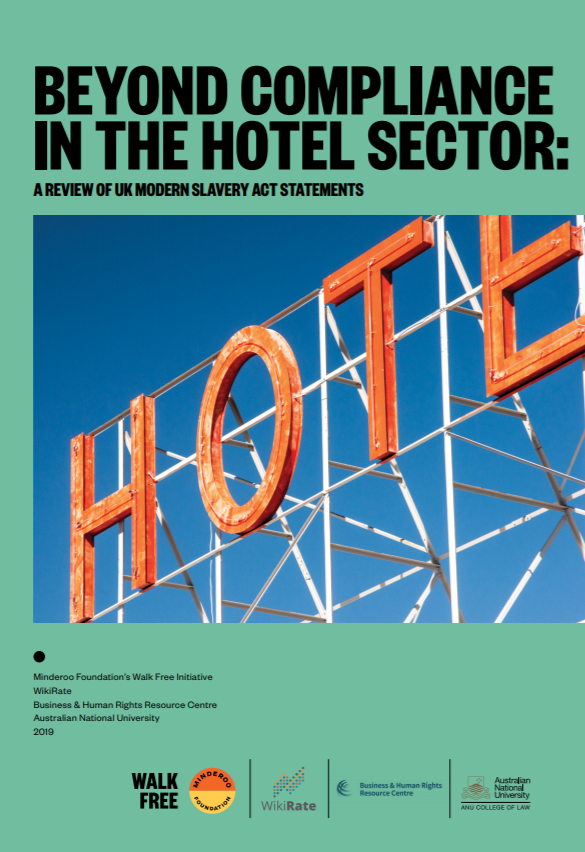There is a high-risk of exploitation within the hotel sector due to its vulnerable workforce, complex supply chains with little transparency, and limited oversight from brands and multinational hotel companies as a result of extensive franchising. In the franchising model, hotel brands lend their name and customer care standards to third parties, but usually stipulate far less about the standards they expect for the employment of workers, even in countires where abuse is endemic.
To assess how the hotel sector is responding to these risks, this report reviews the statements produced by 71 hotel companies under the UK Modern Slavery Act, which requires companies with a turnover of 36 million pounds to relsease annual statements meet the Act’s minimum requirements, but also if they go “beyond compliance” with effective responses to modern slavery risks – includinf sexual exploitation, forced labour, and the poor treatment of migrant workers.
child labour

